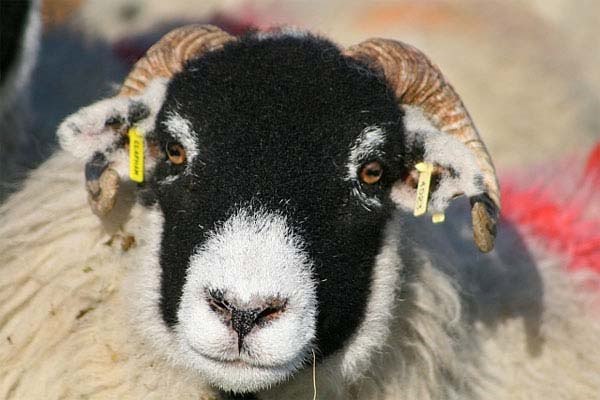
The National Farmers' Union has voiced disappointment that a legal challenge lodged by German shepherds regarding Europe’s unpopular sheep identification rules has been unsuccessful.
The Scottish Union had joined fellow German farmers at the European Court of Justice in Luxembourg in March when the German Federation of Sheep Farmers lodged its case against rules that require the electronic tagging and movement recording of individual animals.
The court’s ruling, published on 17 October, viewed existing arrangements to be valid. While disappointing, the Union believes that attention must now focus on the promised review of the European legislation to secure sensible and pragmatic changes to current tagging and recording requirements.
NFU Scotland Vice President Rob Livesey, who had supported the German farmers in Luxembourg, said: “The ruling is a disappointment but the fact remains that current requirements around electronic tagging and movement recording of sheep are disproportionate and flawed.
“The Court’s opinion only adds weight to calls that a review of the existing European regulation is badly needed. That review would be an opportunity to drive some commonsense into the regulation while stripping out existing requirements that add nothing to the traceability of animals.
“Scottish sheep keepers want to see the tagging requirements changed to allow animals born within any farm business to receive a single flock tag and only require full double tagging with an electronic identifier when they leave the holding of birth. Movements would continue to be recorded on a central database.
“Compliance standards also remain a worry for Scottish farmers. These need to focus solely on traceability issues with removal of the superfluous clauses that force current keepers to record all tagging and re-tagging operations.
“We will continue to stand together with sheep farmers across Europe against the unworkable sheep EID legislation and we must take every opportunity to try and make sheep farmers’ lives easier.”
